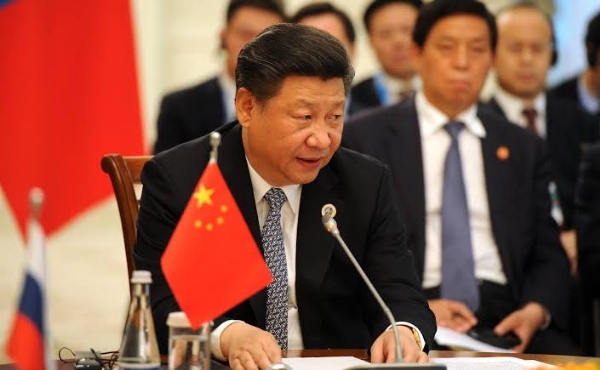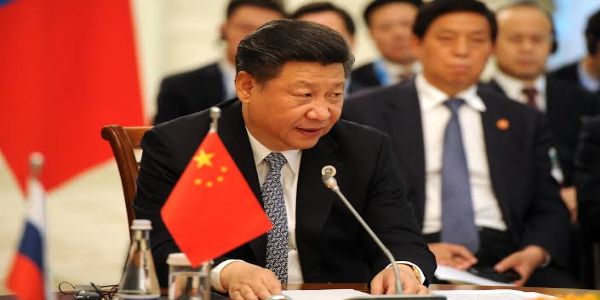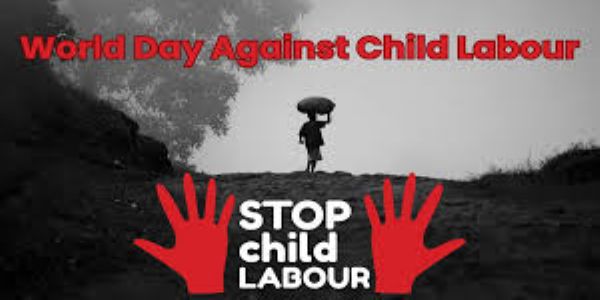
Kolkata, 13 June (H.S.) :
A new report from the United States has raised serious concerns over the cultural and political policies being implemented by the Communist Party of China (CPC) in Tibet. The report alleges that under President Xi Jinping’s leadership, Tibetan children are being forcibly assimilated into Chinese language and culture, leading to the erosion of their traditional identity and religious freedom.
Cultural “Re-education” Begins in Early Childhood
According to the report, the Chinese government has started separating Tibetan children from their families at a very young age, sending them to state-run residential boarding schools. In these schools, children are taught exclusively in Mandarin, while being systematically distanced from the Tibetan language, culture, and Buddhist traditions. The report estimates that nearly one million Tibetan children are currently enrolled in these institutions, severed from their community-based learning and spiritual environments.
“This is not just about language education — it is a calculated attempt to erase Tibetan identity,” the report states.
--------
Severe Restrictions on Religious Freedom
Authorities overseeing religious affairs have imposed strict controls on Buddhist monks and nuns. They are prohibited from providing religious education without state approval. Children are reportedly banned from entering monasteries or participating in religious activities. Surveillance cameras have been installed in numerous monasteries, and monks are pressured to demonstrate loyalty to the Chinese state over their religious beliefs.
---------
The Impact of the “One Nation, One Identity” Policy
President Xi Jinping has repeatedly emphasized the themes of “national unity” and the “unity of the Chinese nation.” Critics argue that these slogans are being used to suppress cultural diversity. In regions such as Tibet, Xinjiang, and Inner Mongolia, local languages and traditions are being marginalized in favor of a homogenized Chinese identity.
The report highlights that since 2014, Xi has consistently reiterated that “all ethnic groups must come under a shared national identity.” This ideology, it says, is diminishing regional identities and cultural plurality.
---------
Tibetan Government-in-Exile Condemns Policy
------
The Central Tibetan Administration, based in Dharamshala, India, has endorsed the findings of the report. It stated that forcing Tibetan children to learn Mandarin while sidelining their native language is part of a broader strategy to sever them from their cultural roots. The exile government added that the curriculum not only undermines linguistic identity but also dismantles the moral and religious foundation of the younger generation.
------
Warnings from the UN and Human Rights Organizations
International bodies such as the UN Human Rights Commission and Amnesty International have previously criticized China for its treatment of ethnic and religious minorities in Tibet. A UN report warns that religious freedoms in Tibet are under severe restriction and that the education system is being used as a tool to produce “patriotic citizens” aligned with Chinese ideology.
--------
Boarding Schools: Tools of Protection or Control?
Chinese authorities claim that the residential schools aim to provide modern education and life skills. However, critics argue these institutions function as “re-education camps” designed to culturally indoctrinate children. The report reveals that Mandarin is not just the medium of instruction — the curriculum itself is devoid of Tibetan history, religion, or culture.
--------
Surveillance and Suppression
The Tibetan region is reportedly under intense surveillance, extending to religious gatherings, literature, social media, and even private family events. Any form of dissent is labeled as “separatism” or “anti-national activity,” often leading to punishment. Monks and religious leaders have been detained or forced to attend “patriotic education programs” designed to realign their beliefs with Chinese state ideology.
Teachers, too, are trained to instill “national unity” and “patriotism” in children, often at the expense of their native religious and cultural values. The report warns that this process is isolating children not only from their faith but also from their familial and societal traditions.
----------
A Threat to Future Generations
Experts caution that if this trend continues, the next generation of Tibetan youth may grow up completely detached from their language, religion, and cultural heritage. This would have far-reaching consequences for Tibetan society’s structure, self-respect, and communal identity.
A Tibetan human rights activist described the situation starkly: “This is not a hidden agenda. Our culture is being erased openly — in schools, monasteries, and every public space.”
----------
International Community Must Act
Although the United States and several European nations have voiced concerns over Tibet, China’s economic and geopolitical clout has prevented any meaningful international intervention. Tibetan leaders and human rights advocates are urging the global community to move beyond rhetoric and apply tangible pressure on China.
President Xi Jinping’s policy of “national unity” is having a devastating impact on Tibet’s cultural independence. From forced Mandarin education to surveillance of religious sites, every step appears aimed at weakening Tibetan identity. If this continues unchecked, the survival of Tibetan language, religion, and culture will become increasingly difficult. Similar policies have already deeply affected other minority communities like the Uyghur Muslims and ethnic Mongolians. What’s unfolding is not just a cultural crisis — it is a fundamental threat to the very existence of these communities.
Hindusthan Samachar / Satya Prakash Singh








